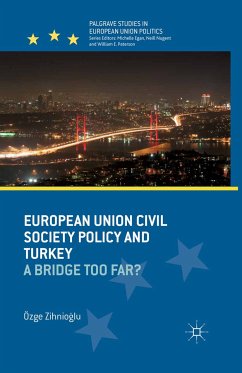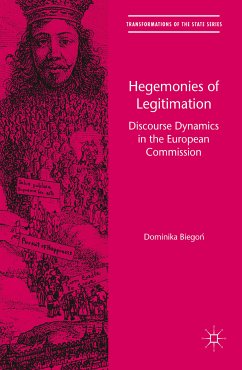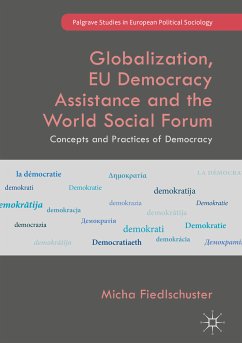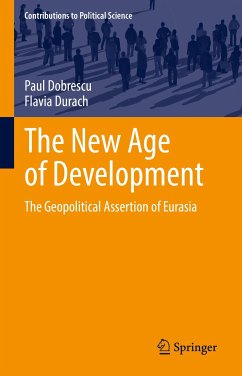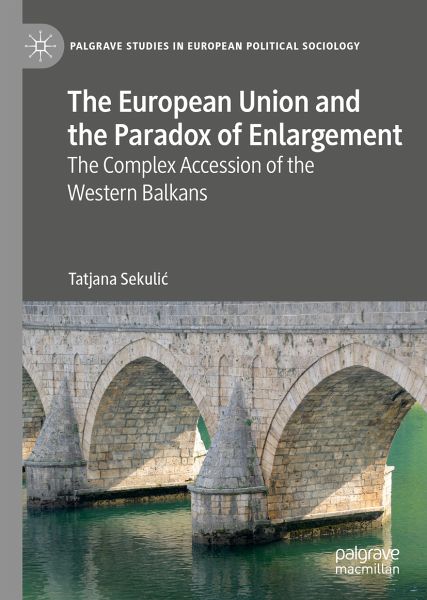
The European Union and the Paradox of Enlargement (eBook, PDF)
The Complex Accession of the Western Balkans
Versandkostenfrei!
Sofort per Download lieferbar
72,95 €
inkl. MwSt.
Weitere Ausgaben:

PAYBACK Punkte
36 °P sammeln!
This book sheds light on the contradictions underlying the European Union enlargement process, specifically to the Western Balkans, challenging the common assumption that the integration of an extended European space might be possible without mutual transformation of the institutions and agencies involved.Sekulic maps the institutional dimension of the accession process, and analyses how the conditionality principle shapes and constrains the space for negotiation within the EU. Combining ethnographic research with the discourse analysis of the European Commission's reports and documents from 2...
This book sheds light on the contradictions underlying the European Union enlargement process, specifically to the Western Balkans, challenging the common assumption that the integration of an extended European space might be possible without mutual transformation of the institutions and agencies involved.
Sekulic maps the institutional dimension of the accession process, and analyses how the conditionality principle shapes and constrains the space for negotiation within the EU. Combining ethnographic research with the discourse analysis of the European Commission's reports and documents from 2008 to 2019 concerning the Western Balkan countries, the book also explores the perceptions and agency of the individuals involved in this process. The European Union and the Paradox of Enlargement will be of interest to students and scholars of European integration, the sociology of Europe and the EU, and Eastern European and Western Balkan studies.
Dieser Download kann aus rechtlichen Gründen nur mit Rechnungsadresse in A, B, BG, CY, CZ, D, DK, EW, E, FIN, F, GR, HR, H, IRL, I, LT, L, LR, M, NL, PL, P, R, S, SLO, SK ausgeliefert werden.




